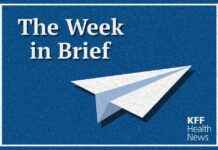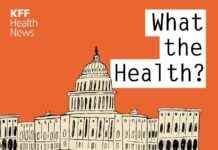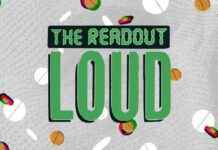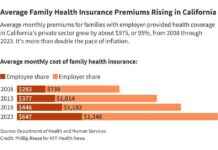Childhood Vaccination Rates Decline in Struggling States
Tennessee – In a time when vaccines are crucial to safeguarding public health, a concerning trend is emerging in some states. Childhood vaccination rates are on the decline, leaving vulnerable populations at risk of preventable diseases. Jen Fisher, a mother from Franklin, Tennessee, is all too familiar with this pressing issue. Her son, Raleigh, 12, lives with a congenital heart condition, making him highly susceptible to infections due to a weakened immune system. Despite Raleigh receiving all the recommended vaccines for his age, Fisher remains apprehensive about his safety amidst faltering vaccination rates in their state.
States with High Exemption Rates Grapple with Rising Trends
Public Concern – Data from the Centers for Disease Control and Prevention reveals a concerning trend during the 2023-24 school year. The percentage of kindergartners exempted from vaccinations rose to 3.3%, the highest ever reported. This increase was noted in 40 states and Washington, D.C., with Tennessee and Mississippi among those showing a rise in exemptions. Notably, the majority of exemptions across the nation were for nonmedical reasons, signaling a shift in attitudes towards vaccines.
As a mother, Fisher’s fears are palpable. She worries about the potential consequences of decreased vaccination rates, especially for children like Raleigh who rely on herd immunity to stay healthy. The resurgence of preventable diseases due to vaccine hesitancy is a stark reality that poses a direct threat to vulnerable individuals.
Policy Implications and State Responses
Religious Exemptions – Some states, like California, Connecticut, Maine, and New York, have taken proactive measures to remove religious and philosophical exemptions from school vaccination requirements. In contrast, states like Idaho, Alaska, and Utah permit parents to exempt their children based on religious beliefs, leading to higher exemption rates. Florida and Georgia, states with low vaccination rates, allow for exemptions through simple forms, contributing to declining immunization levels among kindergartners.
As healthcare providers witness the consequences of declining vaccination rates firsthand, concerns about the resurgence of vaccine-preventable diseases continue to grow. Dr. Brandon Chatani, a pediatric infectious disease doctor in Orlando, highlights the impact of religious exemptions on school vaccination rates. The ease of obtaining these exemptions has raised significant challenges for maintaining herd immunity, putting vulnerable populations at risk.
Looking Ahead: The Battle for Public Health
Future Concerns – Despite the success of vaccines in eradicating deadly diseases, complacency and misinformation threaten to reverse decades of progress in public health. Pediatricians like Dr. Andi Shane in Atlanta stress the importance of maintaining high vaccination rates to prevent outbreaks of diseases like whooping cough, which have seen a resurgence in states with declining immunization levels.
As states grapple with the delicate balance between personal freedoms and public health, the need for informed decision-making regarding vaccines is more critical than ever. The rise of anti-vaccine sentiment and the erosion of herd immunity underscore the urgency of addressing vaccine hesitancy to protect vulnerable populations and prevent the resurgence of once eradicated diseases.

















